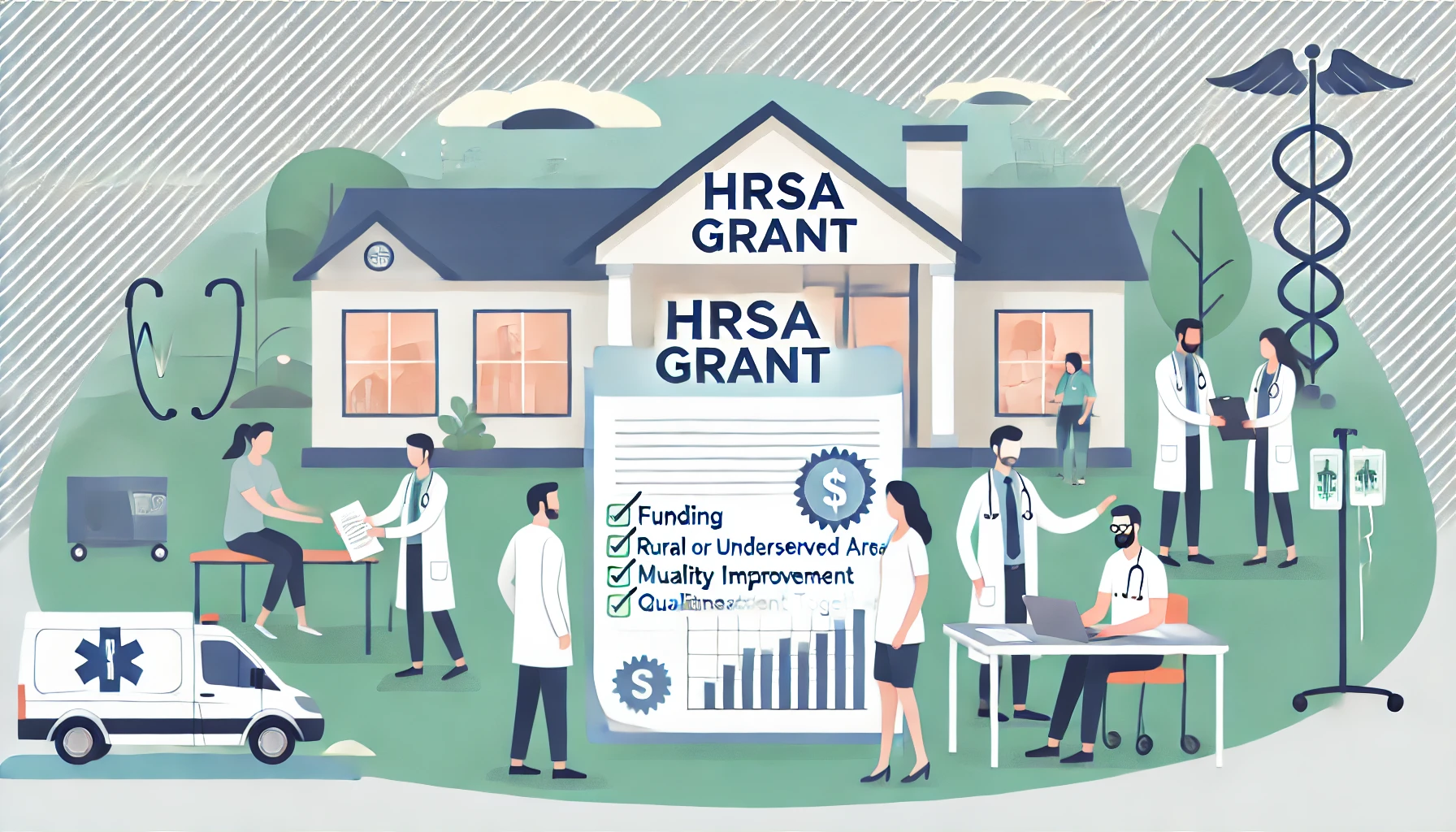
Table of Contents

Navigating AI Regulation: A 2025 Perspective on Government's Role
By 2025, AI regulation demands balance between fostering innovation and ensuring ethical oversight as governments navigate challenges like bias, privacy, and accountability.
Navigating AI Regulation: A Balanced Perspective on Government's Role in 2025
As artificial intelligence continues to advance at a rapid pace, governments worldwide face the immense challenge of creating regulatory frameworks that ensure ethical standards without stifling innovation. In a recent article titled "2025 Forecast: How Will AI Regulators and Government Intersect" published on FierceBiotech (click here to read the original article), the intersection of AI regulation and government oversight in 2025 is discussed in detail. Here, we break down the article, provide a commentary on some of its key points, and raise questions for further thought around this critical topic.
The Regulatory Crossroads AI Faces in 2025
The original article highlights that the current trajectory of AI development has governments and regulatory bodies grappling to find a middle ground. It suggests we are heading toward significant shifts in how policies address AI technologies. By 2025, the dynamic interplay between global AI advancements and jurisdictional regulations is expected to grow even more complex.
One of the article’s central points revolves around the duality of regulation: the pressing need for oversight versus the fear of regulatory overreach. According to FierceBiotech, “Governments tread a fine line between promoting innovation and addressing critical concerns such as bias, data privacy, and accountability.”
In 2025, the role of regulation will likely pivot around three central pillars:
- Promoting innovation: Regulations must create an ecosystem conducive to AI advancements while safeguarding fair competition.
- Establishing accountability: Governments need to ensure that AI systems operate transparently and remain answerable for their outcomes.
- Protecting citizens: From data breaches to biased algorithms, protecting citizens from harm remains a top concern for policymakers.
Questions for Reflection:
- Are governments agile enough to regulate technologies that are evolving exponentially?
- How do we balance keeping regulations flexible without creating loopholes for misuse?
Striking the Innovation-Regulation Balance
The article accentuates the delicate balance regulators must achieve in fostering innovation while addressing ethical and societal concerns. Leading AI firms fear that stringent, one-size-fits-all regulations may impede progress, while advocates for stronger oversight worry about the exploitation of regulatory gaps.
According to FierceBiotech, the AI landscape of 2025 is expected to lean heavily on collaboration between the public and private sectors. Governments are engaging with tech companies to co-design policies, potentially bridging the knowledge disconnect between policymakers and AI innovators. However, this approach opens up additional challenges:
- Conflict of interest: When companies help shape regulations, can governments ensure impartiality?
- Global standards: Collaboration at the local level may overlook the pressing need for global AI frameworks to address cross-border issues.
Interestingly, the article also touches on the potential role of "regulatory sandboxes"—controlled environments where companies can test new AI solutions under government supervision without the immediate pressure of full compliance. While this concept could foster innovation, it also raises questions about fairness and abuse.
Is Universal AI Oversight Achievable?
One of the thought-provoking aspects of the FierceBiotech article is its discussion on the possibility of universal regulatory standards for artificial intelligence. On one hand, global cooperation could align ethical practices, enhance interoperability, and prevent jurisdiction shopping by companies. On the other hand, cultural differences, national security interests, and economic priorities may hinder such global agreements.
The article quotes an unnamed expert who observes, “Universal AI policies are aspirational but not inherently realistic given geopolitical divides.” This skepticism begs crucial questions:
- Can countries with competing interests come together to define what ‘ethical AI’ entails?
- Should universal standards even be sought, or is a decentralized approach more feasible?
The Role of Emerging Technologies in Regulation
FierceBiotech’s discussion about the role AI itself could play in its governance is particularly intriguing. In this context, emerging technologies such as AI-powered auditing tools may assist regulators in monitoring compliance and preventing misuse. AI systems could continuously assess the impact of algorithms, identifying bias or unintended consequences in real time. This raises the possibility of creating a feedback loop where AI regulates AI.
While the self-regulation concept is compelling, it is not without challenges. For example:
- Bias in governing algorithms: Can AI tools designed for regulatory oversight remain neutral?
- Over-reliance on technology: Is there a risk of diminishing human oversight and accountability?
Potential Alternative Views on AI Regulation
Not everyone would agree with the regulatory approaches discussed in FierceBiotech’s forecast. Skeptics often point out the risks of focusing too heavily on precaution at the expense of progress. For instance, over-regulation might disproportionately harm startups and small companies that lack the resources to navigate complex compliance requirements.
On the flip side, under-regulation could amplify societal risks like biased decision-making in critical areas (e.g., hiring, healthcare, and law enforcement) or deepen inequities by concentrating power in the hands of a few dominant tech companies.
Exploring alternative models might yield new insights. For example:
- Decentralized oversight: Could blockchain-based systems hold companies accountable without centralized government control?
- Public-driven regulation: Should citizen panels have greater input in shaping AI-related laws?
Conclusion: The Path Ahead
The question of how to regulate AI effectively is a pressing concern that demands thoughtful and proactive action from governments worldwide. As technologies become more integrated into our daily lives, the stakes of getting regulation right will only grow. The FierceBiotech article (read it here) offers a timely and comprehensive analysis of the challenges and opportunities policymakers face in navigating this evolving terrain.
While it outlines the potential pathways for AI regulation up to 2025, it also raises essential questions that have no clear-cut answers. From the feasibility of universal standards to the use of AI in self-regulation, the future remains uncertain. As stakeholders debate the best course forward, one thing is clear: the world is watching, and the outcomes of today's regulatory choices will irrevocably shape tomorrow's AI landscape.

Why Every Hospital Needs a Quality and Patient Safety Program
Every hospital needs a quality and patient safety program to reduce harm, improve care, and foster a culture of accountability.
.png)
.png)

HRSA FQHC Requirements: A Comprehensive Guide for Healthcare Providers
When it comes to federally qualified health center requirements, there’s no shortage of regulations, expectations, and—depending on your perspective—opportunities.
.png)
.png)

Unlocking Funding: A Guide to Health Resources and Services Administration (HRSA) Grants
Use HRSA grants to fund external peer review programs that enhance care quality, reduce bias, and support compliance in health centers.
.png)
.png)



.png)
.png)
.png)






.png)